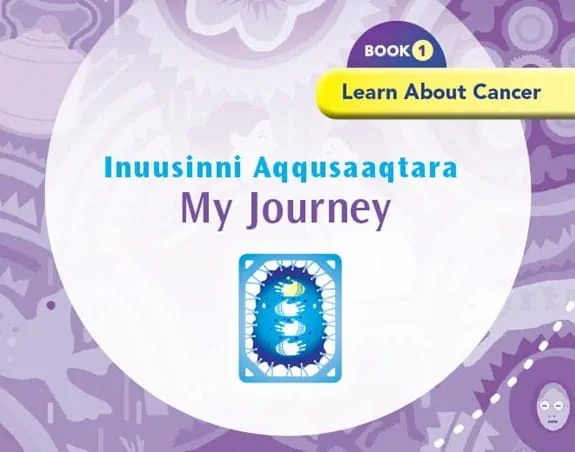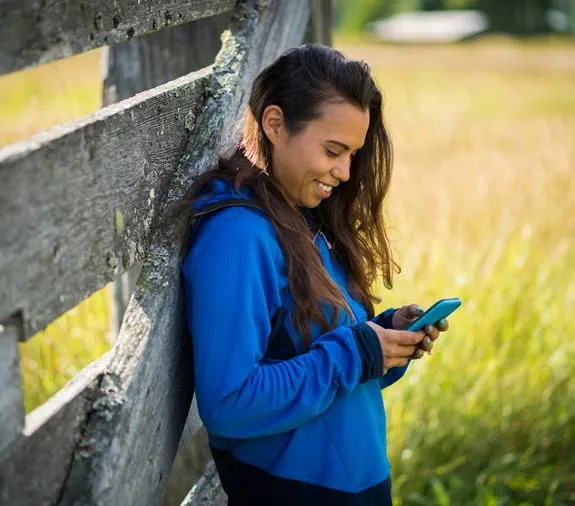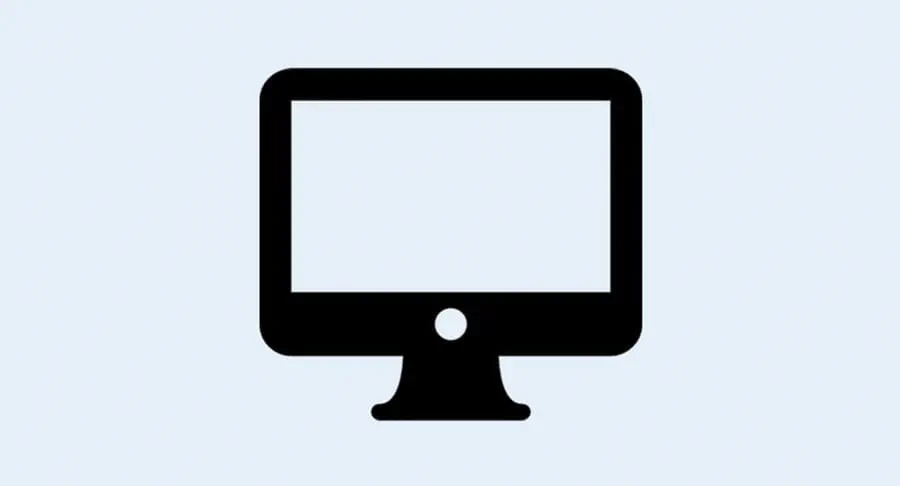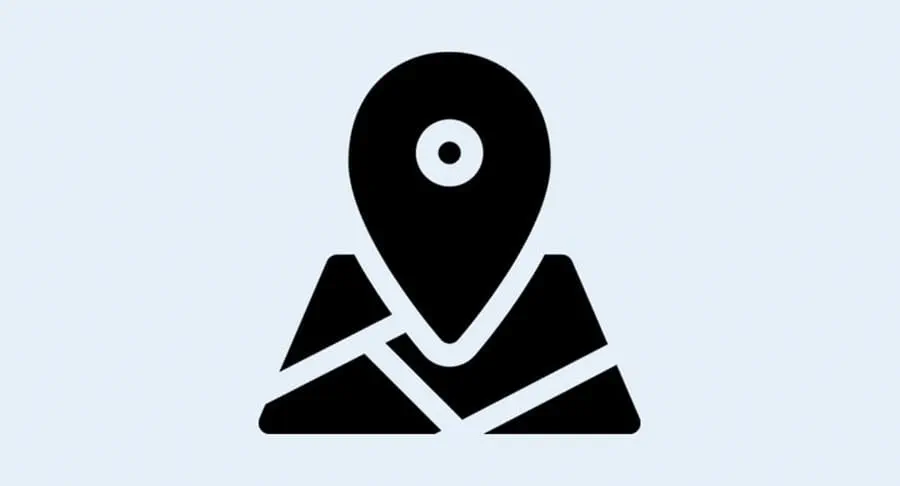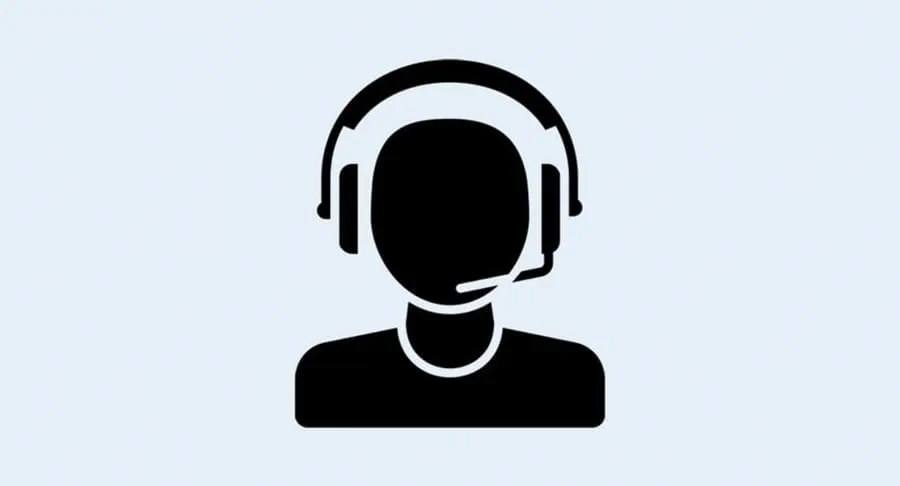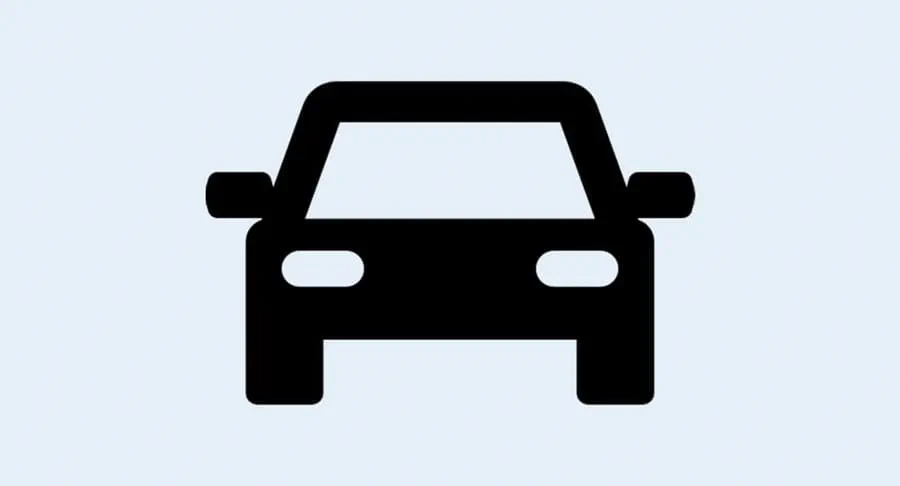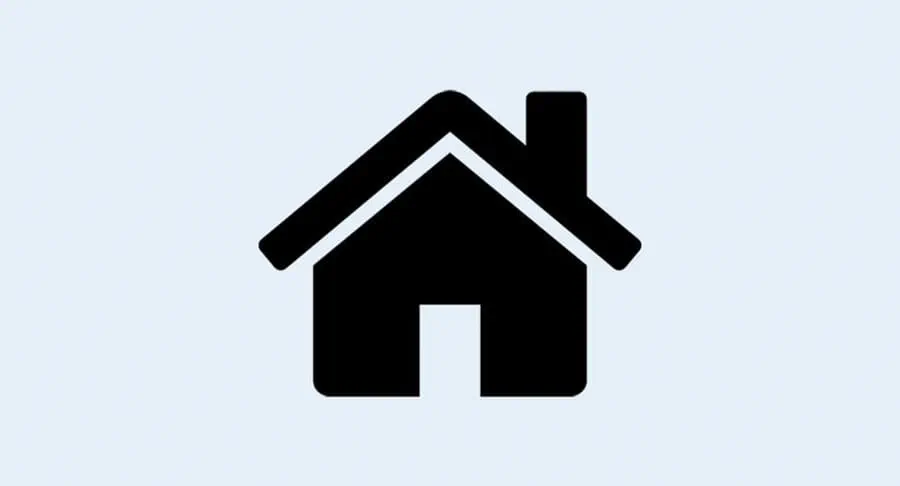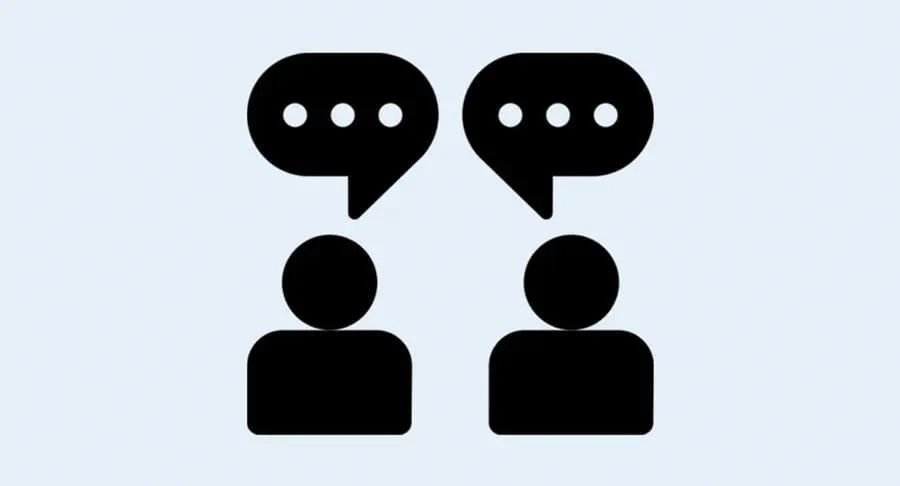Indigenous communities
In 2021, there were about 1.8 million Indigenous people in Canada. They make up about 5% of the population. This number is expected to grow to between 2.5 million and 3.2 million in the next 20 years. First Nations, Inuit and Métis populations have been deeply affected by historical and ongoing colonial practices, which led to and continue to have an impact on health disparities and inequalities.
Unfortunately, there's not enough information about cancer in Indigenous communities. Some Indigenous groups have higher mortality rates of certain cancers compared to the general population in Canada. This is often because they don't receive the continuous care, culturally appropriate treatments, education and support services they need.
No one should face a cancer diagnosis alone or lack access to the information and care they need. But for First Nations people, Inuit and Métis and their loved ones, there can be unique challenges and barriers that make a cancer experience more difficult than it needs to be. The Canadian Cancer Society (CCS) acknowledges its responsibility to provide cancer information, support and practical services to First Nations, Inuit and Métis communities, as well as advocate for healthy public policy and fund research focused on advancing health equity.
CCS has released Advancing Health Equity Through Cancer Information and Support Services: Report on communities that are underserved. The report describes the gaps, barriers and challenges faced by 10 identified underserved communities, including Indigenous communities. It offers insight on how to better engage with and improve supports for these communities who, like all people in Canada, deserve access to cancer care.
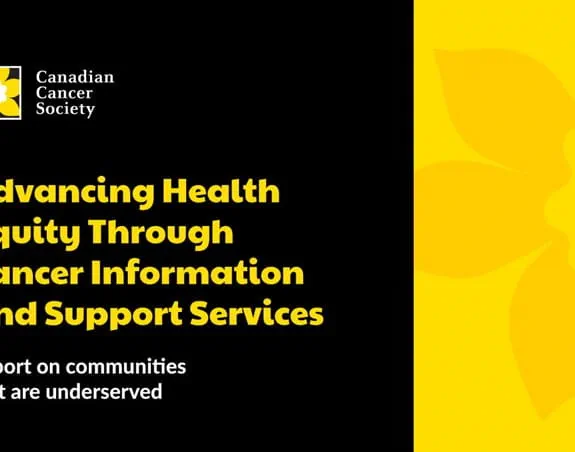
Our programs and services
All CCS staff are offered diversity, inclusion, belonging and equity training. This training helps us ensure that our physical spaces like lodges, camps and vehicles, as well as our services over the phone, chat and email, are safe, welcoming and inclusive. In 2023, CCS program staff will begin receiving formal training to improve how we work with and provide our services to Indigenous people and communities through San'yas Indigenous Cultural Safety Online Training.
Our cancer information, support and practical programs are for everyone in Canada, but here are ways that they support First Nations people, Inuit, Métis and urban Indigenous people in particular.
Cancer information
Community Services Locator
Cancer Information Helpline
The Cancer Information Helpline provides information and support to people with cancer and their families and friends. Our information specialists answer questions and connect people with resources, including those for Indigenous communities. An interpreter service is available in over 20 Indigenous languages.
Wheels of Hope
If you need to travel across town or across the province to receive cancer treatment, the Wheels of Hope team can help. Our national team of staff and volunteers is able to provide service in over 20 Indigenous languages and recognize the land on which we all live, play and drive is Indigenous land.
Accommodations
Online cancer support community
The trip that saved my life
While on a graduation trip with her classmates, Debra found out she had a brain tumour. Hear about her experience having treatment away from her home in the far north and how she feels about travelling back and forth for follow-up tests. Listening to her niece sing is one thing that brightens her day.
Inuusinni Aqqusaaqtara - My Journey
